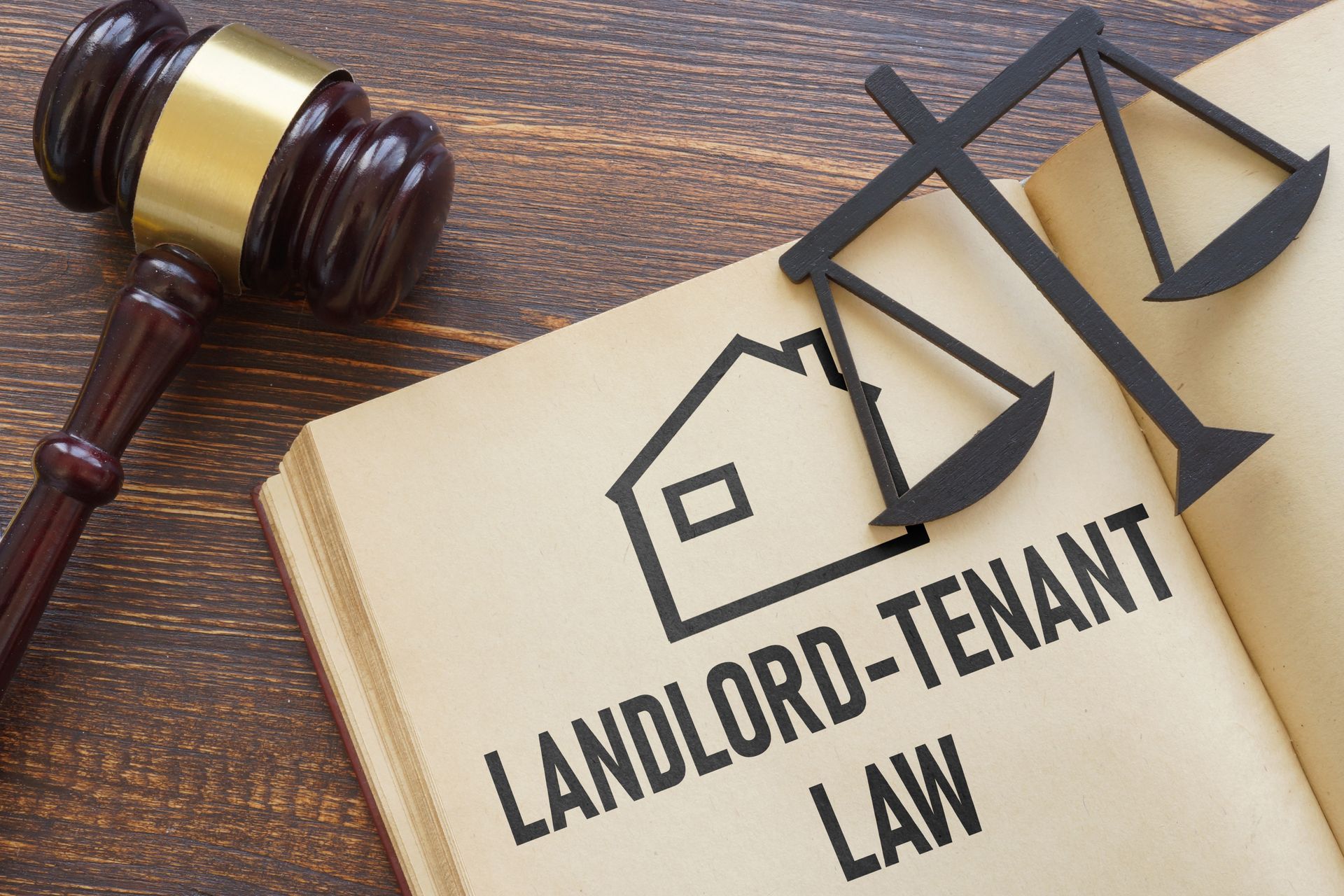Settling Property Division in Divorce Through Mediation
Dividing marital property is frequently one of the most challenging aspects of divorce. Determining who gets what can become a contentious issue, sometimes leading to prolonged legal battles that strain relationships and finances. Fortunately, mediation offers an alternative path—a collaborative, solution-focused approach to settle property division in divorce.
Why Choose Mediation for Property Division?
Mediation is a voluntary process where a neutral third-party mediator guides divorcing spouses toward mutually agreeable solutions. Unlike litigation, where a judge ultimately decides the outcome, mediation empowers couples to maintain control over their property division agreements. Here’s why mediation is an excellent option:
- Cost-Effectiveness — Mediation is typically less expensive than litigation, as it avoids the extensive legal fees associated with court proceedings.
- Time-Saving — Court schedules and procedural delays can extend the divorce timeline. Mediation allows couples to work at their own pace, often resolving issues more quickly.
- Privacy — Mediation sessions are confidential, ensuring that sensitive financial details remain private—a stark contrast to court hearings, which are part of the public record.
- Flexibility — Mediation provides the opportunity to craft creative solutions tailored to the couple’s unique needs, rather than relying on rigid legal formulas.
- Preservation of Relationships — By fostering open communication and collaboration, mediation can reduce hostility and preserve a working relationship, especially important for co-parents.
How Property Division Works in Mediation
In Vermont, marital property is subject to "equitable distribution," meaning it is divided fairly, though not necessarily equally. During mediation, both spouses disclose all assets and debts, creating a transparent foundation for discussions. The mediator’s role is to facilitate conversations, helping the couple address critical questions such as:
- Which assets are considered marital property versus separate property?
- What is the value of the marital home, vehicles, or other major assets?
- How will retirement accounts, investments, or business interests be divided?
- Who will assume responsibility for shared debts, such as mortgages or credit card balances?
Steps to Settling Property Division in Mediation
- Preparation:
- Gather documentation for all assets and liabilities, including bank statements, tax returns, property appraisals, and loan agreements.
- Consider consulting with financial or legal professionals for advice before mediation begins.
- Disclosure:
- Both parties must fully disclose their financial situations. Transparency is key to building trust and achieving a fair agreement.
- Prioritization:
- Identify which assets or debts are most important to each party. For instance, one spouse may prioritize retaining the family home, while the other values keeping a retirement account intact.
- Negotiation:
- Work collaboratively to reach compromises. Mediators may suggest solutions that address both parties' priorities, such as one spouse keeping the home in exchange for a greater share of liquid assets.
- Drafting the Agreement:
- Once an agreement is reached, the mediator drafts a written document outlining the terms. This agreement can be reviewed by each party’s attorney before being submitted to the court for approval.
Overcoming Common Challenges in Property Division Mediation
While mediation is a smoother process than litigation, it can still involve emotional hurdles. Here are common challenges and strategies to address them:
- Emotional Disputes — High emotions can stall progress. Mediators are skilled at managing conflict and refocusing discussions on practical solutions.
- Complex Assets — Dividing assets like family businesses or pensions can be complicated. In these cases, mediators may recommend involving financial experts or appraisers.
- Power Imbalances — If one spouse dominates discussions, the mediator ensures both parties have equal opportunities to voice their concerns and preferences.
The Langrock Mediation Difference
At Langrock Mediation, we understand that property division is not just about numbers; it’s about finding solutions that work for both individuals as they begin their new chapters. Our mediators are trained to:
- Facilitate open and respectful communication.
- Provide a structured process that ensures all relevant factors are considered.
- Help clients manage the emotional and financial complexities of property division with empathy and professionalism.
If you’re worried about the challenges of dividing property in a divorce, mediation offers a path forward. At Langrock Mediation, we’re committed to helping Vermont couples achieve fair, practical, and amicable resolutions. Contact us today to learn more about how mediation can make a difference in your divorce journey.



